Around a homeless encampment, hypodermic needles, plastics, propane tanks, flat-screen TVs. human feces among items cleanup crews buried rather than remove
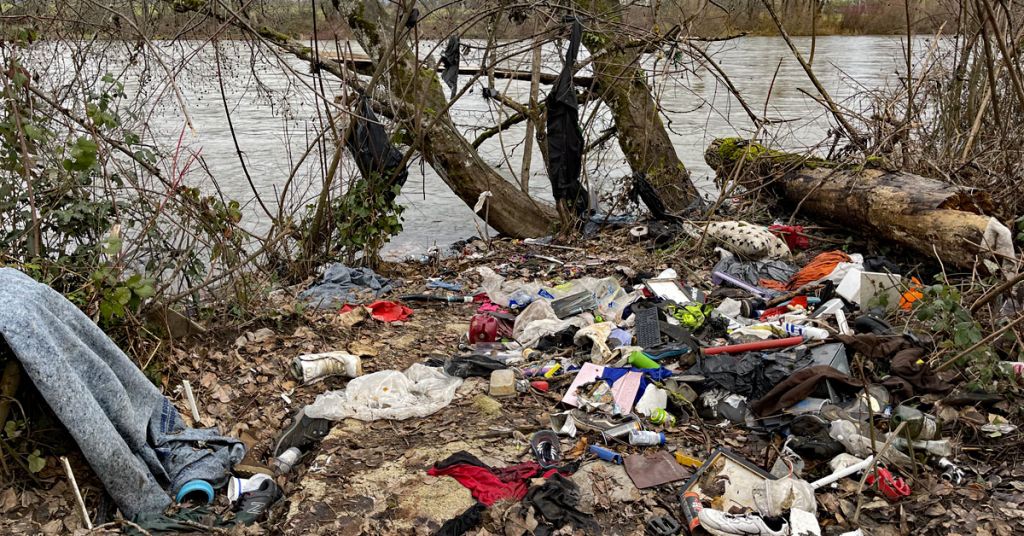
Water hazard: Near the University of Oregon, the Willamette River isn’t always as pristine as promoted. Photo: Michelle Emmons (January 2022)
By Cole Sinanian. April 21, 2022. In Eugene, Oregon—a city with one of the nation’s highest rates of homelessness per capita—years of illegal tent camping have turned a large swath of riparian zone on the banks of the Willamette River into a virtual landfill, local conservationists say.
Owned by Union Pacific railroads, the property sits behind a student apartment complex near the University of Oregon campus.
Michelle Emmons, who works for local conservation group Willamette Riverkeeper, has spent dozens of hours clearing trash from the area and monitored its condition for years. She says blatant neglect on the part of Union Pacific and the City of Eugene’s failure to address the problem has created an ecological disaster, putting everyone who lives downstream from the site at risk.
“This was all preventable,” says Emmons. “It’s now a do-or-die situation. There’s a garbage dump that has been buried underneath the floodplain there.”
MORE: Slobs force campground closures
Drawn to its relative safety from law enforcement compared to other parts of the city, people living at the site often move in with personal belongings, which can become scattered around the floodplain over time. During heavy rains and other high-water events, the river surges, putting campers at risk and carrying their belongings and waste downstream, where it can harm wildlife or people recreating on the river.
“Riparian zones are no place to live,” says Emmons. “They’re not safe for the people who camp there, and the impact of people camping there is not safe for the broader community.”
Emmons has found metal chicken wire, hypodermic needles, polypropylene plastics, flat-screen TVs, propane tanks and human feces on the property.
Three-plus years of contamination
Locals began submitting complaints about the site to the city in late 2018, says Rachelle Nicholas, inspection services manager for Eugene’s Building and Permit Services.
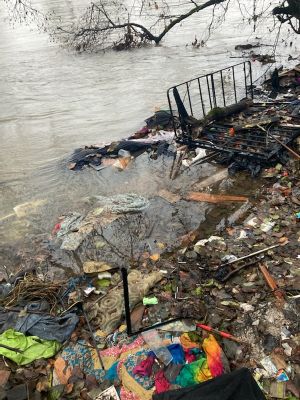
Current events: Locals are sick of scenes like this. Photo: Michelle Emmons (January 2022)
The hazardous state of the site is a violation of the city’s property code requirements, which require landowners to maintain property in a safe manner.
The city issued a Notice to Correct to Union Pacific in November 2018, then a second in 2019 and a third in April 2021.
Notices to Correct direct property owners to address violations or risk facing fines.
MORE: When adopting a roadside goes beyond picking up trash
Union Pacific addressed the first two notices but has yet to reach compliance on the third—even after hiring contractors to clean up the site in November.
“Union Pacific understands and shares the frustration that the city and others have with garbage deposited illegally on this site in Eugene,” Union Pacific communication manager Robynn Tysver told Columbia Insight in an email. “Union Pacific has spent considerable time and resources over the years repeatedly removing homeless encampments and large amounts of garbage in the area.”
According to Nicholas, the city plans to start issuing fines to Union Pacific in the coming weeks, which she says will most likely be daily penalties.
“They’re a big company and they’re tapped out for resources,” Nicholas says. “There’s a lot of coordination that goes into doing a clean-up. But this one has gone on longer than usual.”
Burying trash rather than removing it
In November 2021, local conservationists watched contractors drive Bobcats and heavy machinery onto the riverbank in an apparent attempt to clean up the site—an attempt they say was inadequate and made the situation far worse.
Shannon Wilson, a former U.S. Forest Service employee and Eugene resident, first noticed the trash buildup in July. In November, he says he saw Bobcat excavators using the access roads to drive down to the bank.
He examined the area in December after the supposed cleanup and found piles of trash inches from the water. Fearing it would soon wash into the river, Wilson spent several days during the week between Christmas and New Year hauling the trash uphill.
“It’s all below the high-water mark,” he says, “so every time it rains, it all gets carried downstream.”
Items Wilson removed from the bank include a half-submerged motorcycle battery, a flat-screen TV and an entire bed frame.

Michelle Emmons: “This was preventable.” Photo: Willamette Riverkeeper
A few weeks later, Wilson and Emmons walked through the property to take pictures.
They examined the riverbank where Wilson had seen the machinery and discovered bits of trash poking out of the ground. The dirt on the floodplain had clearly been displaced, which they say indicates that Union Pacific’s contractors had dug into the riverbank during the November cleanup, effectively burying the trash that was already there.
“Union Pacific did NOT clean up the site,” Emmons wrote in an email to DEQ Materials Management. “The overall issue has risen far beyond homeless campers. They are treating the area like a landfill instead of actually cleaning up and removing the waste.”
Around this time, Wilson contacted friend and environmental attorney for the Oregon Clean Water Action Project Doug Quirke, who filed a complaint with the Oregon Department of Environmental Quality.
Quirke had filed numerous complaints in the past but says this time the agency seemed to be in no hurry to address this issue.
“I can’t recall a previous complaint where the DEQ has taken so much time and been so bad at communicating what’s going on,” Quirke tells Columbia Insight. “I’ve found the DEQ’s response pretty disappointing.”
Whose fault? Whose responsibility?
The DEQ has limited enforcement ability in the area, says DEQ Public Affairs Specialist Dylan Darling, adding that nonpoint source pollution—pollution that doesn’t directly come from a pipe—is usually the responsibility of local jurisdictions
DEQ regulates water pollution on state-owned lands, which varies by area. On the Union Pacific property, the river itself is owned by the state while the surrounding banks are not.
Darling says DEQ plans to work with the City of Eugene to address Quirke’s complaint and the trash issue.
“The Oregon Department of Environmental quality has a relatively narrow regulatory role regarding nonpoint source pollution,” Darling wrote to Columbia Insight in an email. “We are trying to get more information from Union Pacific before we consider additional actions.”
Union Pacific communication manager Robynn Tysver says the company attributes the trash buildup to illegal campers.
“These encampments are the main source of the trash problem,” she wrote in an email. “The challenge is that as quickly as Union Pacific removes the camps, they return, along with the trash.
“We will continue to work with the city and local nonprofits to try to keep the site clean and free of illegal encampments.”
But Quirke isn’t convinced that will be enough.
“When the city is clearing these locations and the people ask them where they’re supposed to go, the city has no answer for them,” he says. “If the city were doing a comprehensive effort to deal with the un-housed population, you wouldn’t have the issue of people camping along the river and polluting it.”


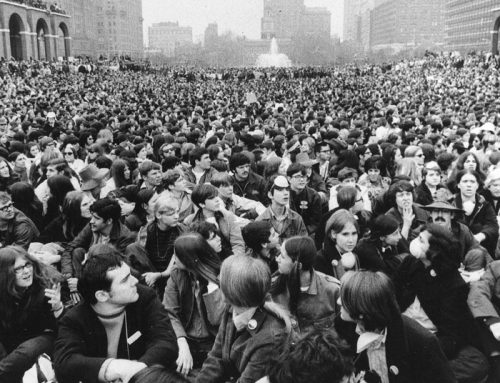
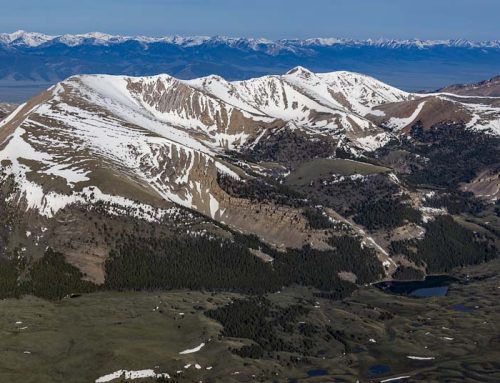
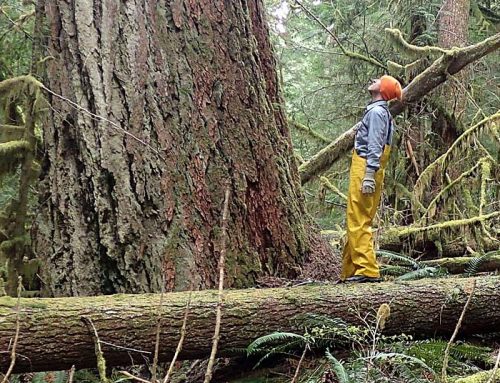

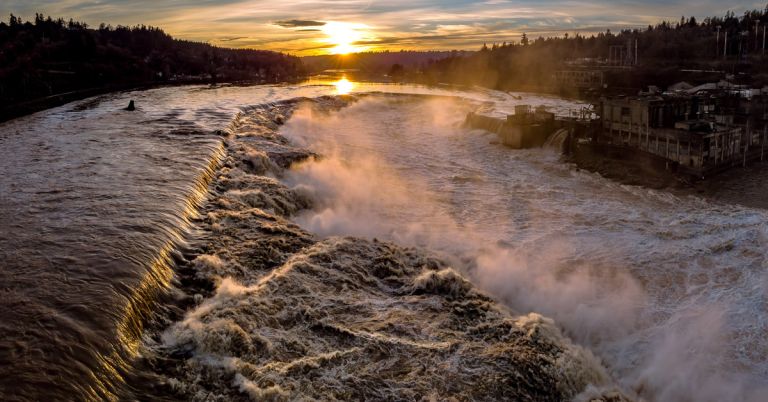
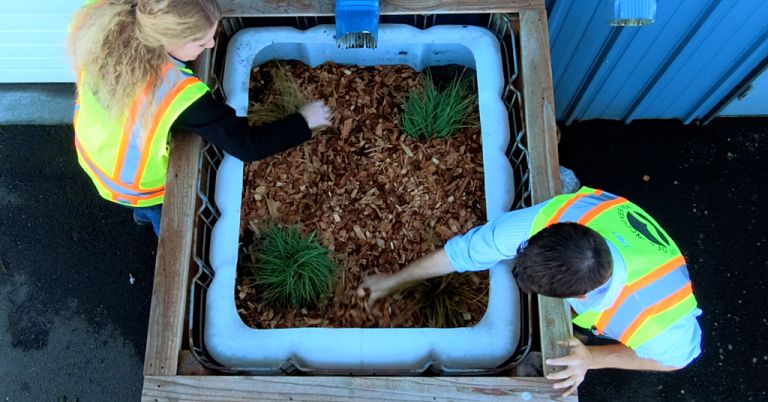
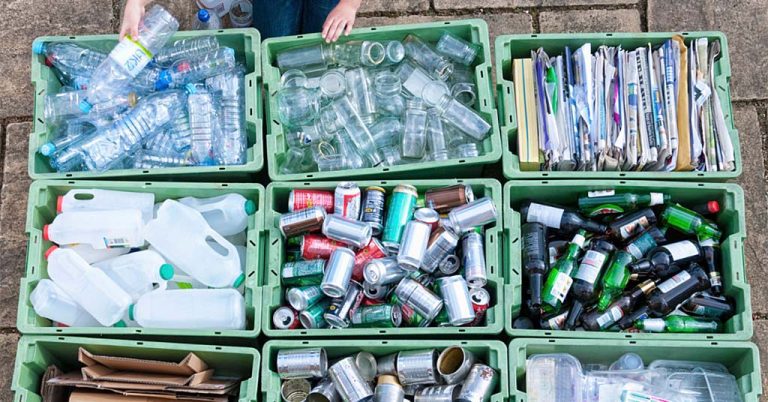
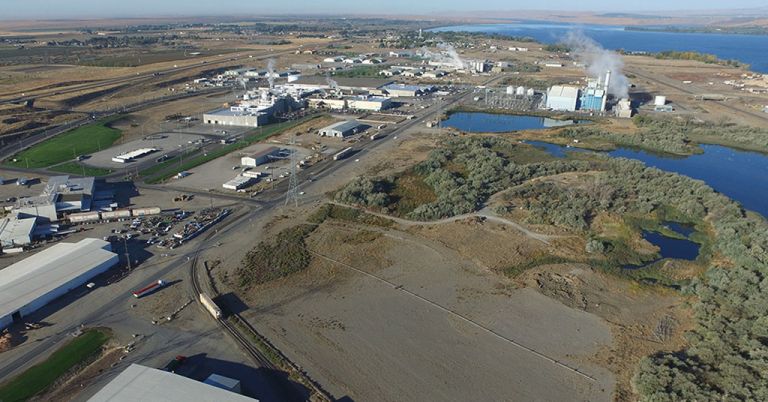


We need to stop slapping Band-Aids on symptoms and address the cause of this disease that is ruining America. China is shipping product to Mexico where the Mexican cartel manufacture amphetamines and set up distribution points in our cities and towns to spread the disease. A US citizen that abides the law is harassed for catching rainwater off the roof and yet these people are able to destroy our beautiful towns and cities. Upside down world